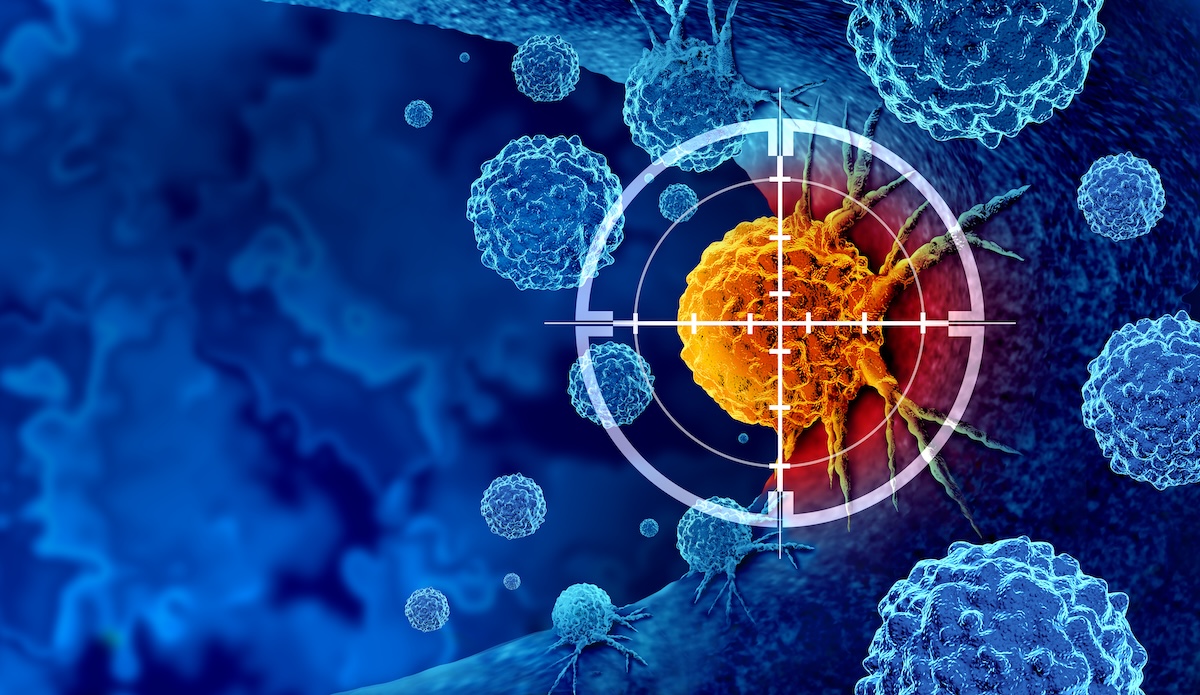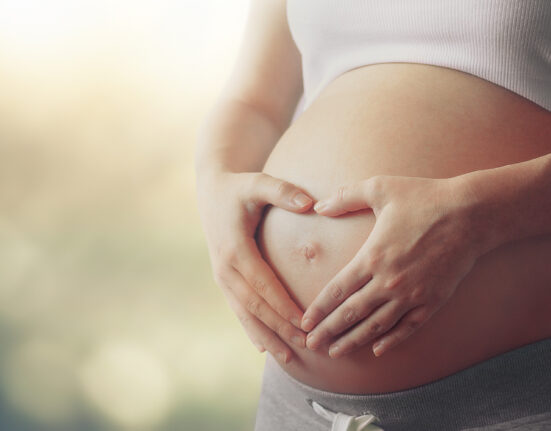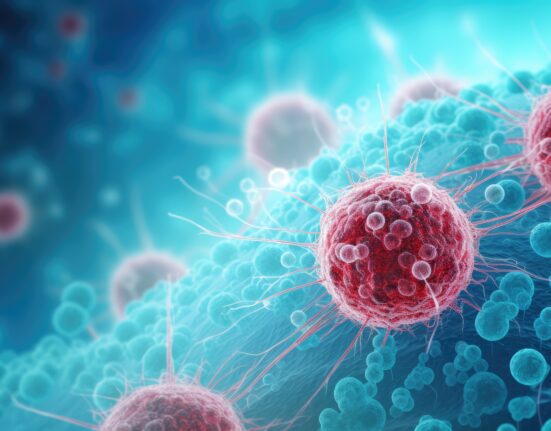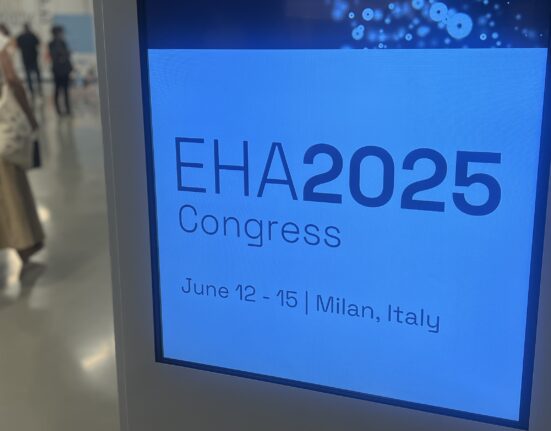Early recovery of specific T-cell counts and natural killer (NK) cell counts after CD19 chimeric antigen receptor (CAR)-T therapy can be used as a biomarker to predict the long-term prognosis of patients with B-cell acute lymphoblastic leukemia (B-ALL), according to a poster presentation at the 2025 meeting of the European Hematology Association Congress in Milan, Italy.
The study, led by Zhihuan Yang of the Chinese Academy of Medical Sciences in Tianjin, documented the percentage and counts of lymphocyte subsets at various time points following CAR-T therapy in 51 B-ALL patients receiving CD19 CAR-T cells from August 2017 to December 2022. The distinctions in lymphocyte subset data among the various groups and the influence of lymphocyte subsets on prognosis were also analyzed in the study.
The results showed that CD3-positive T cells recovered more rapidly than NK cells following CAR-T infusion. Among CD3-positive T cells, CD8-positive T cells were the most abundant subset. A subgroup analysis suggested that especially for those without transplantation, CD4-positive T cells and some subsets, such as CD4-positive central memory T and CD8-positive naive T cells, recovered more rapidly in nonrelapsed patients.
In particular, the early stable recovery of CD4-positive T-cell counts was a positive factor for overall survival (HR=0.11; P=0.034), whereas the early stable recovery of CD8-positive central memory T-cell counts (R=0.31; P=0.041) and NK cell counts (HR=0.37; P=0.048) were positive factors for event-free survival.
The researchers noted that several previous studies had illustrated the influence of immune reconstitution on outcomes of large B-cell lymphoma patients after CD19 CAR-T therapy, but this was the first study to do so with B-ALL patients.
Reference
Yang Z, Wang H, Wei S. Immune reconstitution stability after CAR-T had an impact on outcomes of B-ALL patients. Abstract# PF389. Presented at the European Hematology Association 2025 Congress; June 12-15, 2025; Milan, Italy.






